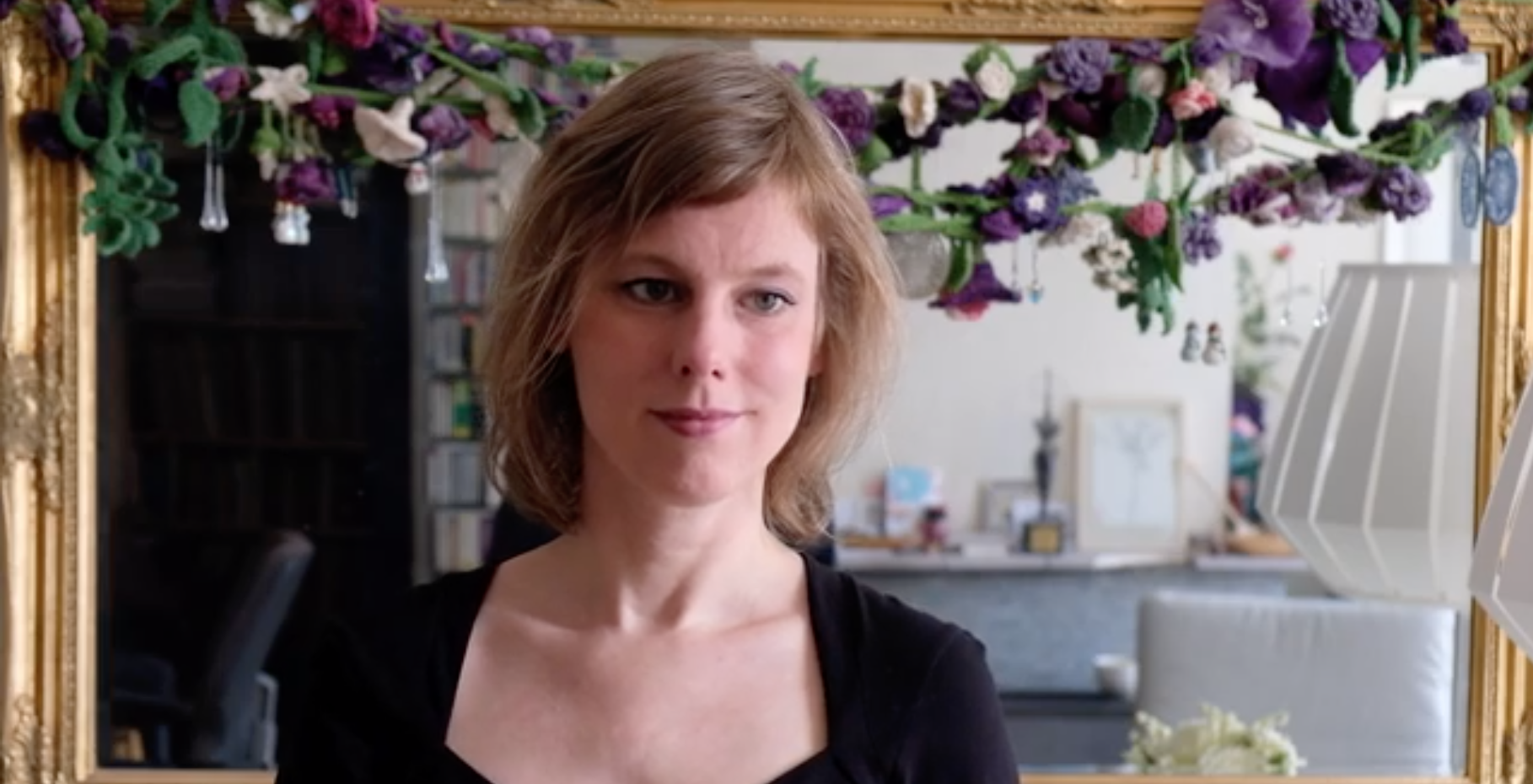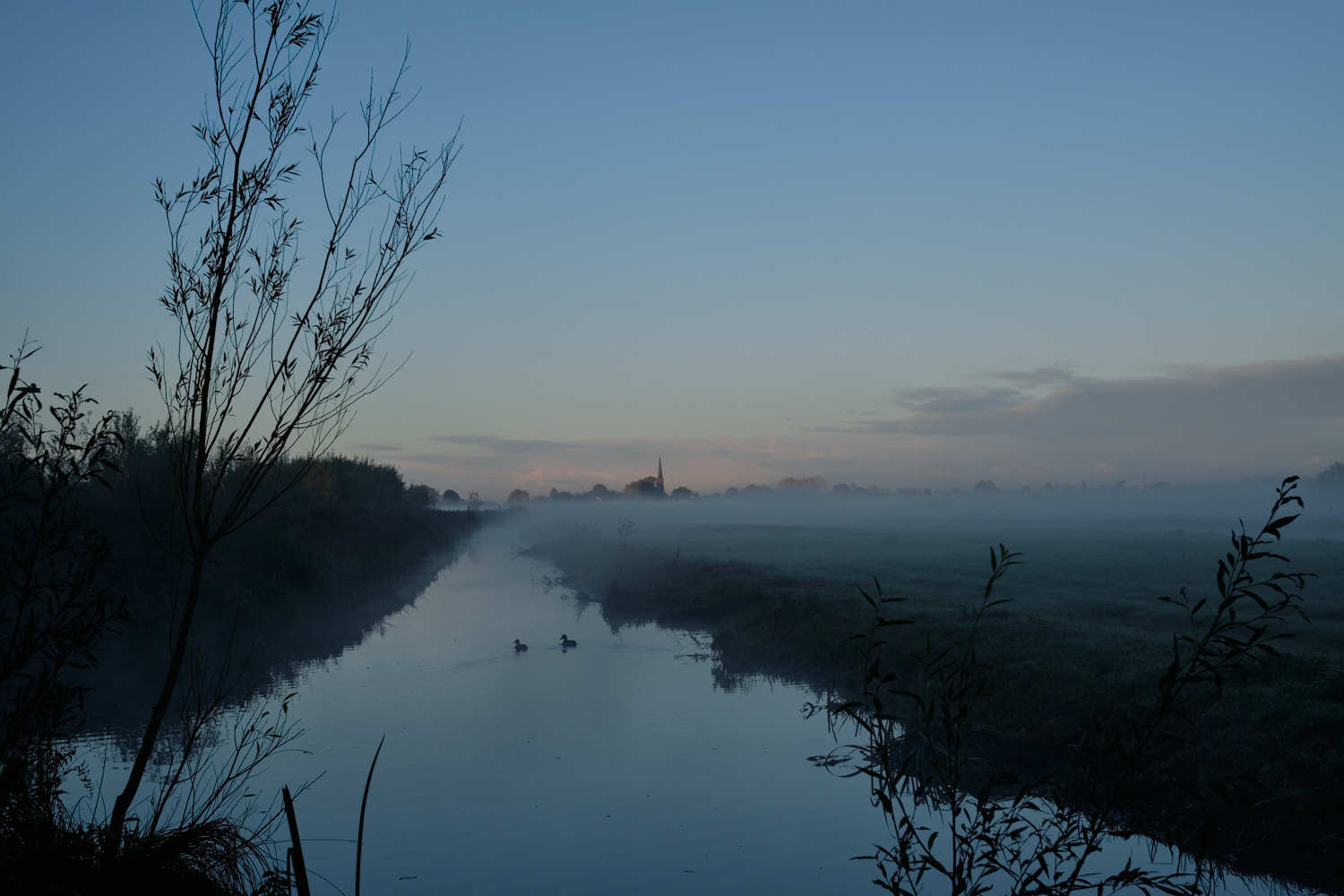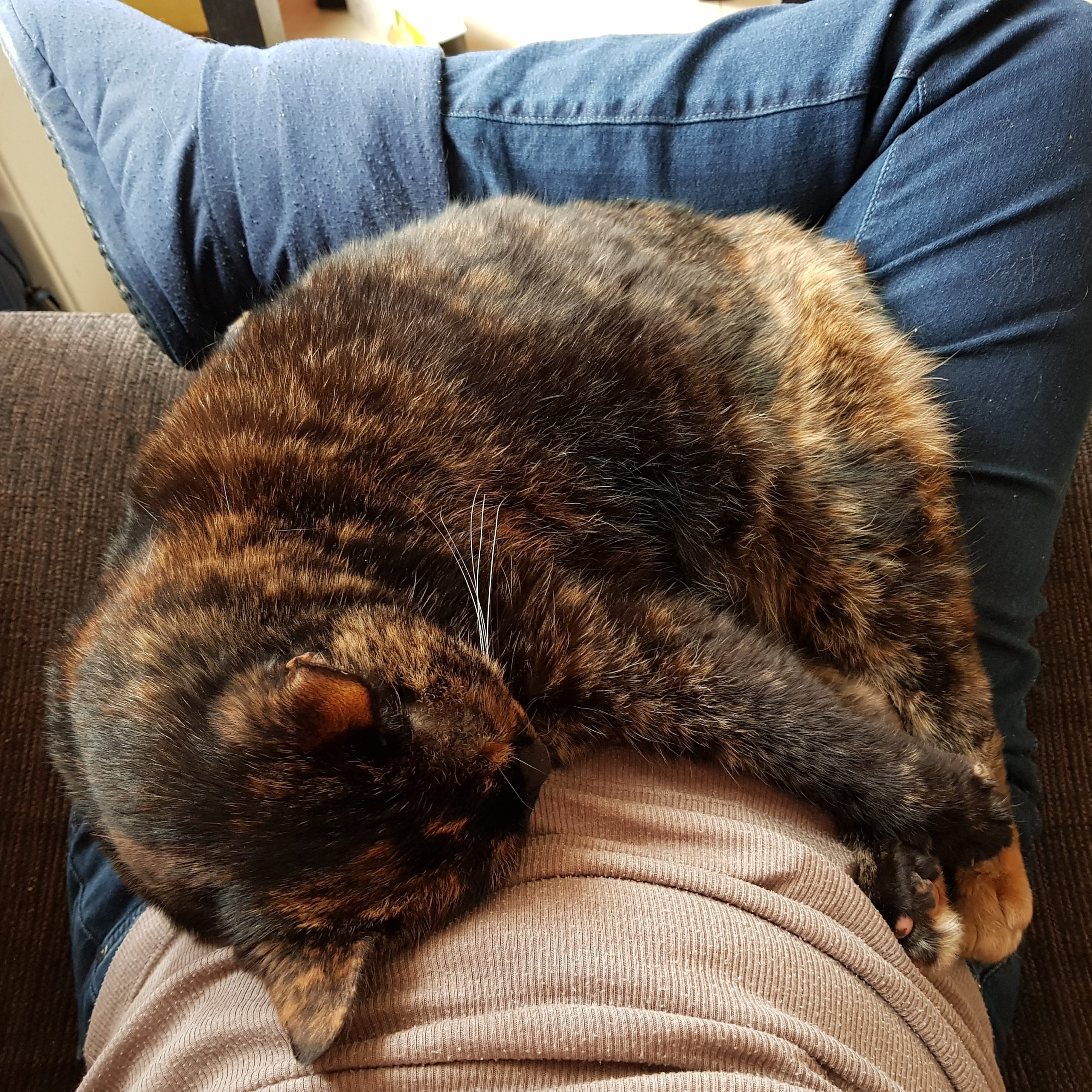Guilty as charged. I care way too much about what other people think about me. I look for validation outside myself, because I tend to find other people’s opinions more important than my own. I focus on other people’s feelings before my own. It’s unproductive and not what I want, but it has become second (first?) nature to me. I feel ashamed about it.
Why am I writing about that now? Well, a commenter on this blog asked me if there was anything that I’m not good at. That question threw me off a little bit, and I realised that yes, I do have many talents, but there’s plenty of stuff that I’m struggling with. On this blog, I mostly show the things that I’m good at, not the crappy things, so my readers have a skewed impression of me in that sense. It made me realise that this blog ties in with my tendency to seek approval and validation outside myself. But I do really want to be real and honest. Then a friend wrote a blog about speaking your truth that hit home for me, because her experience seems quite similar to mine. Cue my next blogging subject.

How did I become this way? I think it’s a combination of nature and nurture, in my case. I’m an INFJ, and that means that I’m an extraverted feeler. I’m naturally more aware of other people’s feelings than of my own, which can come in handy, but it can also be very confusing, because sometimes I cannot distinguish between my own feelings and those of others.
When you’re a child, you are an approval-seeker. Being aware of what is expected and what is frowned upon is an important skill when you depend on others for your survival. Mum doesn’t like you crying? Okay, you’ll be silent and find another tactic to get your needs met. Children adapt, and I was well-equipped to do so because of my basic personality type.
I was a very reliable kid, never naughty, always focused and observing and trying to be just the way I was expected to be by parents and teachers alike. I thought that that was normal for a long time, but now I realise that I was not encouraged or allowed to be a child, silly and spontaneous. I was supposed to be responsible, dependable, and self-reliant from a young age, qualities way beyond my years. I may have missed out quite a bit.
And then, when I was 8-9 years old, my classmates started bullying me, I don’t know why. They made fun of my talents and I had no idea how to deal with it. Suddenly, the things that got me approval from adults caused me to be punished by my fellow kids. That kind of thing completely eats away your self-esteem, because what is the truth? Who is right, here? And you start believing “I must be broken or wrong or bad. I probably deserve it.”, because you think people must have a valid reason to do what they do, even if you can’t see it. Especially your peers. You desperately want to connect with them, but you are unable to.
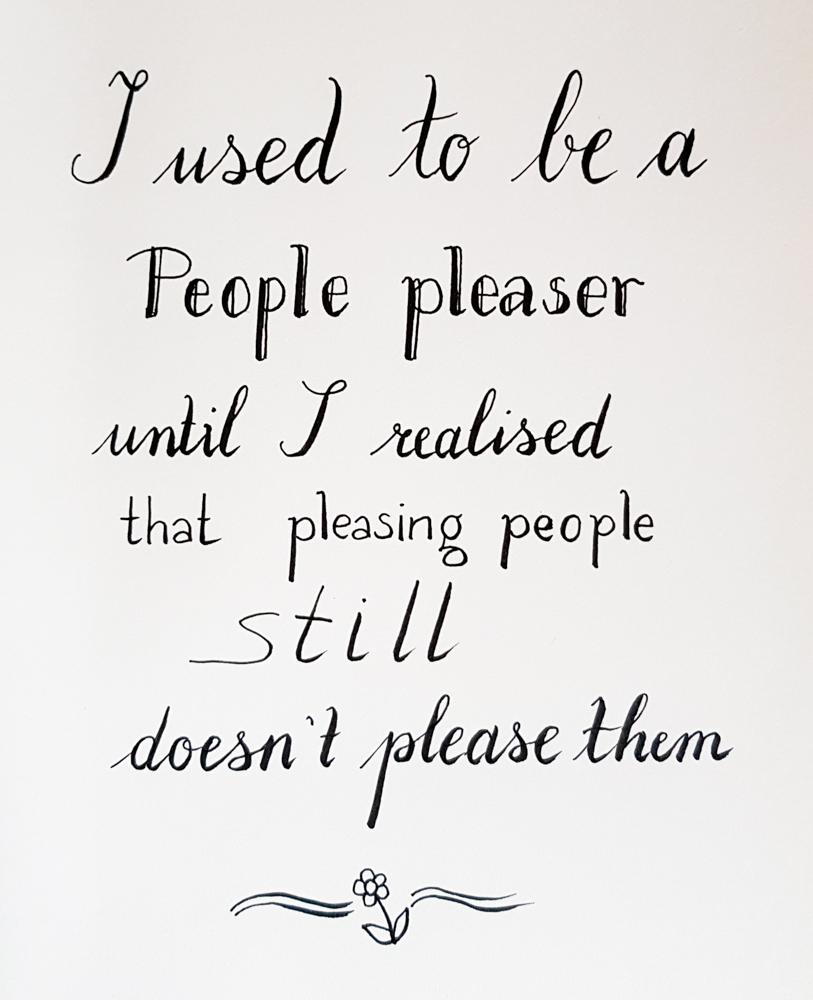
Even if the bullying stops, the wounds are many and deep. The scars of being bullied remain part of you, far into adulthood. You’ve probably locked your real self away, because it is too precious and too vulnerable to expose to the cruel world, and then you forget where you put the key. You want to get close to some select people anyway, but it’s hard, because you’re so used to not showing the real you to anyone. You hardly remember the real you. So you continue the way you’ve been able to survive: pleasing people so that they are no threat to your emotional safety, becoming your own worst enemy in the process.
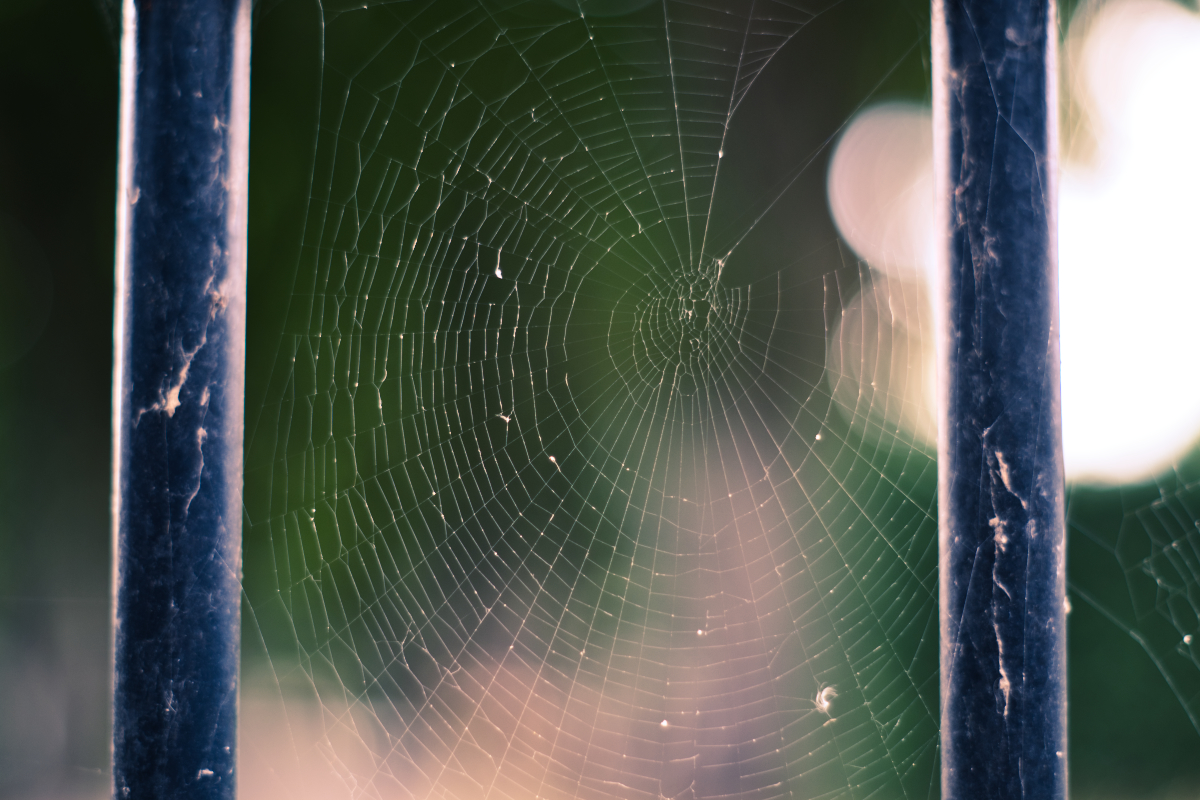
This year, I’ve finally acknowledged that the bullying hurt me deeply, and that it was not my fault. Strangely enough, back when it happened, I believed that it was, somehow, my own fault that I became a target, and that I had to deal with it myself. Alone. Especially when I told my teacher and he only said “oh” – he didn’t care. Now, I can see that I was just a little kid, and that I was so very alone and scared, and I’ve finally started to process those feelings. Instead of overwhelming shame and fear, which I used to feel, I now feel some residual sadness and anger about what happened, and mostly compassion for little me.
The combination of being open to whatever emotions other people are broadcasting, and not being aware of my own feelings, my own self, and my own needs, and being scared to show authenticity, meant that I kept growing like a bonsai tree. I didn’t become who I was, but who I thought I was supposed to be. Big difference!
It’s also impossible to become a whole, complete person this way, because other people don’t agree on who you’re supposed to be. You can’t please them all, even if you try your hardest. You prune away the unwanted bits and tend to the stuff other people like. I felt like a chameleon, showing different facets to different people, and wondered if there was actually a real person inside me, or if I was just an empty shell, reflecting whoever was in front of me.
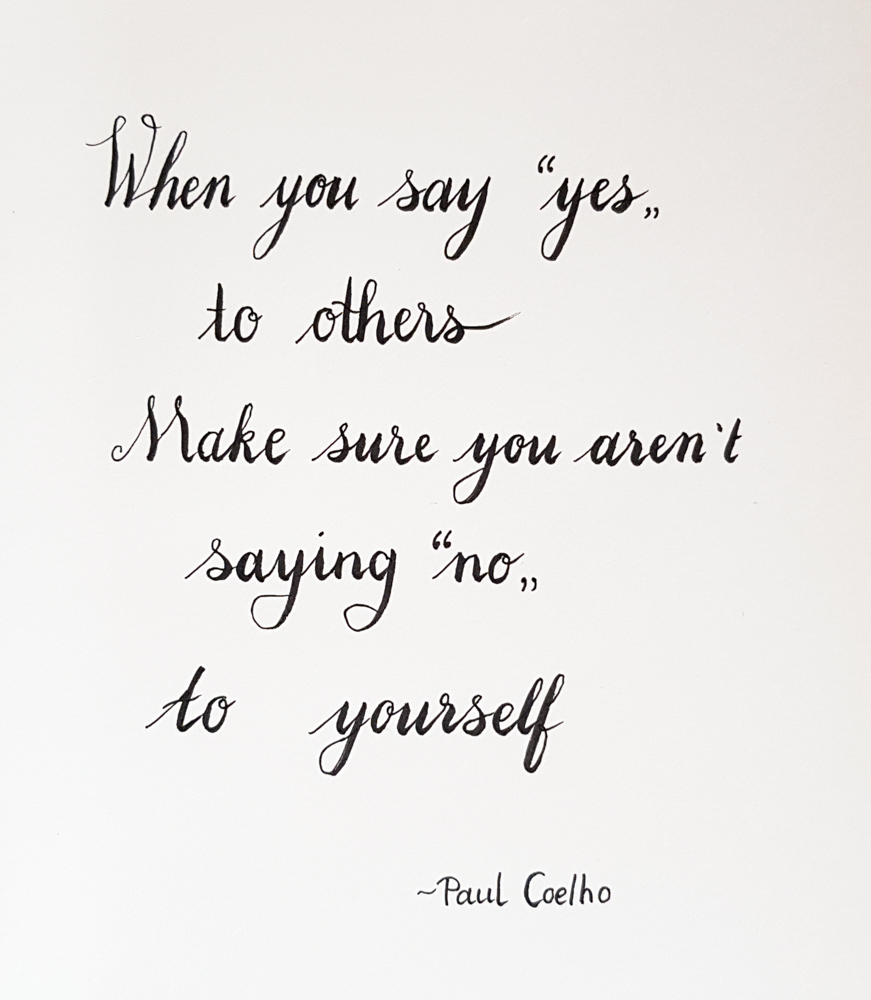
Of course I am a real person. It’s just a matter of getting to know myself, and mostly, of starting to appreciate the whole, grey me, not just the nice bits that somebody else likes. It’s about digging up silliness, real feelings, caring more about myself, refusing to limit myself anymore, and accepting that all that cannot change overnight, but I’m still a good person despite that.
I still have to remind myself often to center within myself and actively keep a healthy distance from the outside world. To take some time to actively experience how I really feel about things. I currently need some time, distance and silence to be able to feel at all when things become a bit more complex (interpersonal, especially). I’ve realised that I have been compensating my lack of focus on my own feelings by a combination of quick thinking and taking other people’s feelings into account. It’s a really nasty shortcut: it may be fast, it may often even work out well, but it is not respectful towards myself. It denies my own core. I need to slow down and take some risks.

Yes, risks. I’m still worrying about what people think if I choose my own path. I wanted to impress them, because only if I received their approval could I feel validation as a person. Letting go of that is scary as hell. Will they look down on me if I’m not as fast or impressively smart as they are used to? Am I too emotional or irrational, so that they won’t take me seriously anymore? Will they still love me if they see my darker side and the stuff that I don’t like about myself? What if I’m not… gasp… perfect?
Of course that is all projection. It’s my own inner gremlin passing judgment, and even if people were thinking those things, their thoughts are none of my business. I need to validate myself from within, by living in accordance with my own inner values and needs. And those things that I’m afraid of keep my harness in place: my “safe” approach of striving for perfection so that others won’t find fault… That approach, however, restricts me so much. It means that I won’t be loveable until I’m perfect, which is just not true. I know it already. Next step: believe it and feel it.
I’m still struggling every day, but I’m getting a bit better now that I know what’s going on. Are you a people-pleaser too? How do you cope? I’m curious to hear about your experience!
